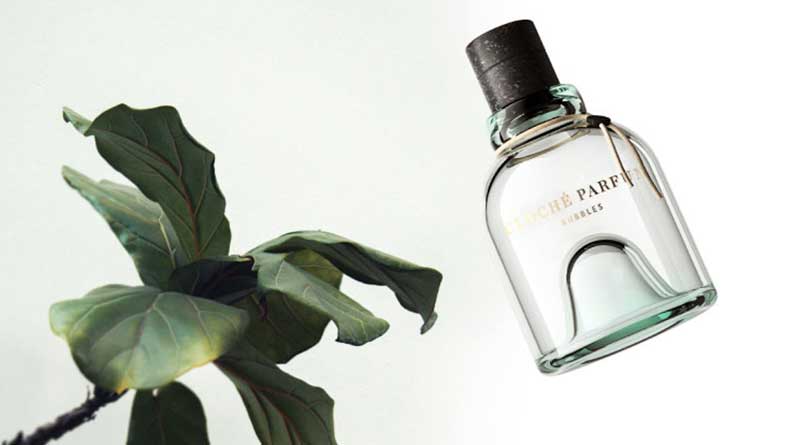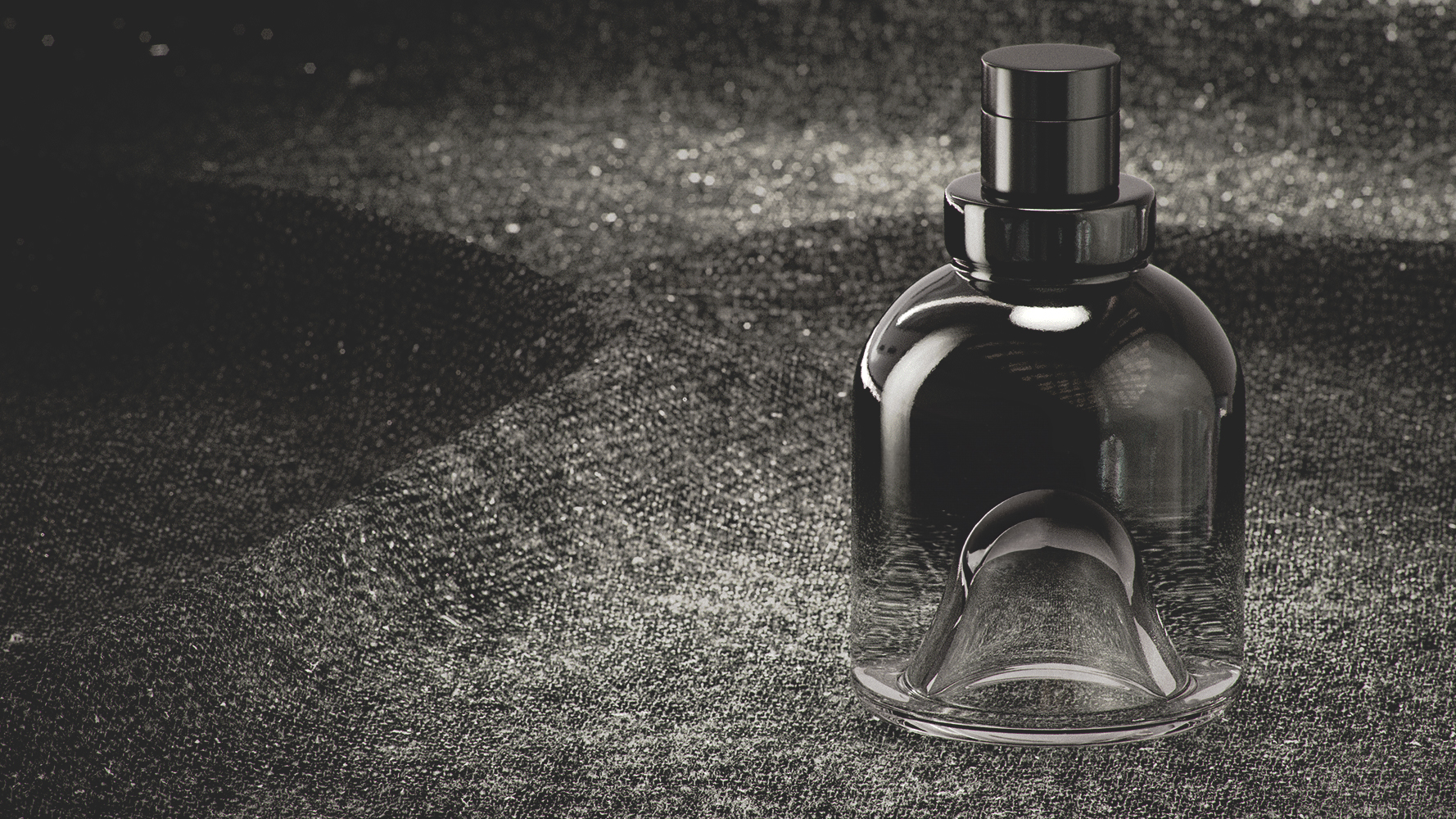Sustainable Innovation That Embraces the Planet

The trend in sustainable glass packaging design reflects growing concern for the environment and sustainability within an industry known for its innovation efforts. These trends are also strongly influenced by consumer demand for products with increasingly less negative impact on the planet.
Key aspects for companies in this scenario include:
Use of recycled glass: The use of this type of glass is a logical extension of sustainability demands. Considering that glass is 100% recyclable without losing properties, this process can be repeated indefinitely. Using 100% recycled glass reduces the amount of raw materials and energy needed for new glass production.
Lightweight designs: We strive to reduce the weight of packaging without compromising its strength or functionality. Lighter packaging means less material use and a lower environmental impact in terms of transportation and production.
Optimized shapes and sizes: We optimize designs to maximize efficiency in terms of storage and transportation, creating shapes that fit together and reduce the space needed for transport, thus reducing carbon emissions.
Transparency regarding origin and sustainability: There is a clear trend towards transparency in how companies communicate about the sustainability of their products, including packaging information about the origin of materials and the manufacturing process.
Reusable and refillable: The design of reusable and refillable packaging is gaining popularity. These packages are designed to be used multiple times before being recycled, extending their lifecycle and reducing associated waste.
Innovation in closures: We are innovating in the design of closures that also contribute to improving the sustainable characteristics of the bottle-closure pack. This includes developing stoppers that combine natural, recyclable, or compostable materials, replacing other closures.
Ecological aesthetics: The aesthetics of glass packaging is also changing, with a sustainable focus we design packaging that reflects the ecological values of brands: simplicity, naturalness, and authenticity.
Collaboration with local or global recycling companies/entities: Glass packaging companies are increasingly collaborating with recycling companies to improve efficiency in the collection and processing of recycled glass, as well as to obtain glass for the manufacturing of bottles like Wild Glass, made from 100% post-consumer recycled (PCR) glass. These trends in sustainable glass packaging design respond to environmental needs and offer opportunities for innovation and the development of new products that appeal to conscious consumers.

At Estal, we set ourselves the challenge of creating a collection of glass bottles for perfumery and home fragrance that would break the misconception that sustainable packaging cannot be beautiful. We firmly believed that for many brands, the packaging is an extension of their product and a means of communication with their target audience. The challenge was to create a collection that could be admired for its beauty, sophistication, and delicacy in design, focusing on reducing weight, and consequently glass usage, while maintaining capacity and aesthetic presence.
From this reflection, effort, and dedication, Bubbles was born. A collection of bottles to which we applied our knowledge in the world of glass wine bottles, using the push-up technique that adds distinction to the bottle while achieving weight reduction, less glass usage, and therefore a reduction in the extraction of raw materials from the natural environment.
The result is a bottle that maintains the same capacity as others in its category on the market while achieving a 35% reduction in weight. We went from 230g in a conventional 100ml bottle to 150g in the same capacity Bubbles bottle. We maintain the visual effect, add an eco-friendly aspect, and achieve a product that is versatile and adaptable to customer needs.
Moreover, the Bubbles collection offers various closure options to facilitate refilling and reuse. In this way, Estal aligns with Spain's Royal Decree on Packaging and Packaging Waste, known as Royal Decree 1055/2022, creating a collection with a reduced impact:
Using less glass, thus demanding fewer extractions of new raw materials from the natural environment.
Reducing the weight of each bottle, directly affecting the logistics and transportation chain by reducing CO2 emissions.
Creating openings that enable bottle refilling and reuse, allowing brands to offer their customers the option to refill the packaging or providing creative ideas for repurposing the packaging at home.
Estal's commitment to sustainability is evident in our collections and the philosophy behind the Wild World concept, discover it.